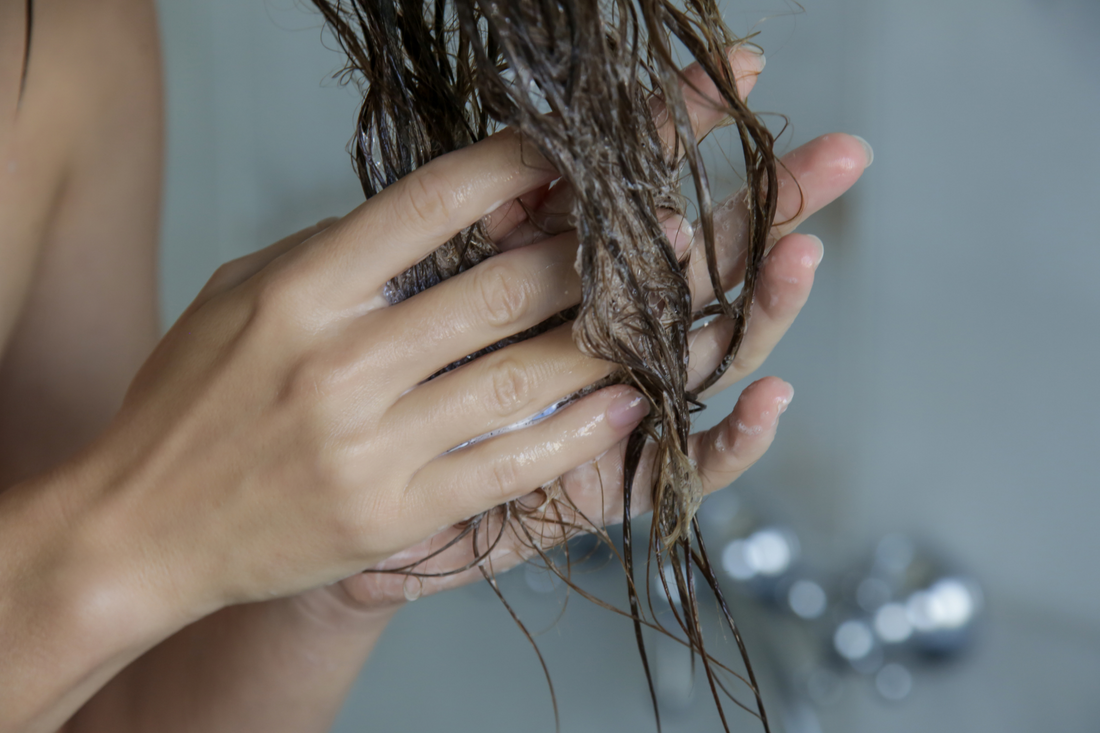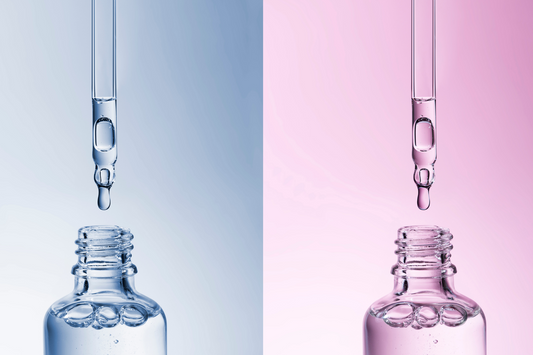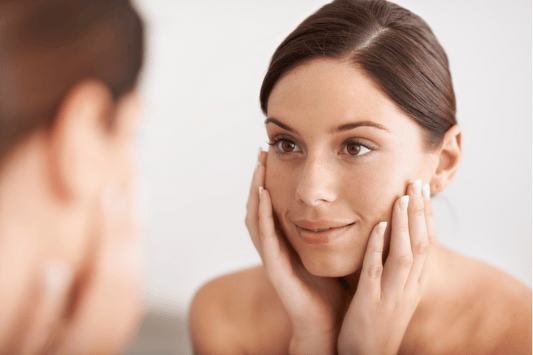Has your hair been thinning recently? Starting to see more hair in the shower drain? You might be retracing your hair habits thinking that your hair loss is due to your conditioner? While there could be a slim possibility your shower hair care is the root of your hair thinning, there may be other, more likely reasons for your hair fall out. Continue reading below to find out what could be the other reasons accounting for your hair loss.
Best Hair Conditioner Practices
In general, conditioner is meant to only be applied to the bottom two-thirds of your hair; meaning that you should not be applying conditioner anywhere above your ears or neck depending on how long your hair is. Applying conditioner to your roots is discouraged.
The reason why you should only apply conditioner to the lower half of your hair is because it is the area of your hair that is most damaged and also that conditioner is heavy in its nature. Something so dense and oily can cause your scalp and roots to feel greasy and produce back-up. Lightweight shampoos should only be used for the top of your head.Looking at the bigger picture, hair conditioner is meant to nourish and strengthen your hair strands, so it most likely isn’t the reason for your hair loss if you are using it correctly. However, there are drugstore conditioners that contain ingredients that have been receiving flack in more recent years due to alleged ties with hair loss - so it wouldn’t hurt to double check your conditioner’s ingredients if you are really concerned.
Shower Routine
The quintessential, fool-proof shower hair care routine would be- Massaging your roots with a shampoo best fit for your needs
- Applying a conditioner to the bottom half of your strands
- Optionally using some type of deep-conditioning mask or toning mask if your hair is chemically processed.
Common Conditioner Ingredients
If you are buying your hair conditioner from drugstores, you may notice many of them share the same ingredients. Some of them good, and some of them bad. Some good ingredients in hair conditioners to look for are:
- Argan oil
- Vitamin B5
- Glycerin
These ingredients are extremely nourishing in its natural form. They help to repair the hair shaft and once absorbed, reduce breakage and promote shine and silkiness in hair. Do look for hair products that contain these products!
Ingredients to Avoid
The following ingredients that can be found in some hair conditioners have been linked to playing a role in hair thinning:
- Dimethicone: A silicone that has been known to dry out hair and cause build-up on the scalp in the long run.
- Sulfates: Sulfates are a common ingredient in brand-name hair care products. Some sulfates are behind the reason for foaming when you wash your hair, but this ingredient is harsh and strips your hair of its natural oils.
- Parabens: You’ve probably seen “no parabens” being advertised on conditioners and shampoos in recent years. This additive is used to preserve shelf life in drugstore hair products.
- Polyethylene Glycols: Also known to strip hair of moisture and natural oils, polyethylene glycols has been linked to different cancers as well.
Conditioner is Not Your Enemy
Rest assured, your conditioner is more likely than not the cause of your hair loss if you are using it in proper fashion! Remember to only apply conditioner to your roots and find hair conditioners with better ingredients. All in all, we hope you’ve learned a bit more about best conditioner practices and ingredients, as well as what to avoid.
Still concerned about hair loss after exhausting all your other options? Work a little bit of our Hair Revival Serum into your roots - with a clinically tested formula that’s supported by dermatologists, your roots can finally get the reawakening they deserve. At Revela, we’ve discovered ProCelinyl to make thinning hair a thing of the past. It’s clinically proven to work, with results coming in as little as 6-8 weeks.





